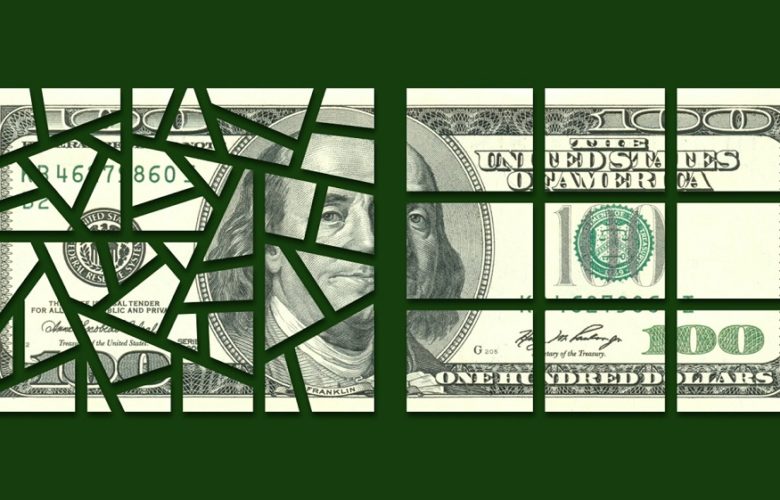The foreign exchange market is highly expansive, competitive, and complicated. Major trading houses, banks, and funds dominate the market and swiftly incorporate new information into the prices. Being a well-established finance expert, Kavan Choksi, therefore, points out that to effectively trade in the market, one must be knowledgeable about important foreign currencies, including the Japanese Yen. This knowledge should include the various factors that may influence the important currencies.
Kavan Choksi shares valuable insights about the Japanese Yen for the knowledge of Forex traders
Only seven currencies account for about 83% of the forex market, the Japanese Yen being one of the most important ones. It is very critical to both international trade and forex trading. Japan is also among the largest economies on the planet, and has a commendable GDP. It additionally is also one of the largest exporters in the world in terms of dollars.
All the important currencies in the forex market tend to have central banks behind them. In the case of the Japanese yen, it is the Bank of Japan (BoJ). Much like the central banks of most developed nations, the Bank of Japan also has the mandate to act in a manner that reduces inflation and encourages growth. Deflation, however, has been a persistent threat for Japan for many years. The BOJ has pursued a policy of maintaining low rates to stimulate economic growth and demand.
The economy of Japan has very peculiar and specific attributes that yen traders must properly understand. Despite the size of the country, it has been lacking in growth ever since the collapse of its real estate and equity bubbles in 1990. Since then, the growth rate in Japan barely exceeded 2% between 2001 and 2011. In fact, the growth rate went down 29% from 2012 to 2015. Japan is also notable for its almost near lack of inflation.
In many respects, the policies of Bank of Japan drive trade across the globe. Carrying trade implies to borrowing money in a low-interest-rate environment, and subsequently investing that money in higher yielding industries from other nations. With a policy of near-zero interest rates, Japan has been a major source of such trade for a long time. This also means that the talk of higher rates can actually send ripples throughout the currency markets.
Kavan Choksi says that even though the bank of Japan has maintained low rates ever since the collapse of the property bubble in the country, this bank has also been involved in currency intervention. BOJ sells yen to help keep Japanese exports more competitive. This intervention has carried certain political consequences in the past, and therefore BOJ is relatively hesitant to intervene in the forex markets.
The trade balance of Japan also impacts BOJ policy and forex trade. While this country historically had large trade surpluses, it is also dealing with an aging population and large public debt. A good percentage of this debt is held domestically, even though many Japanese investors seem willing to accept low rates of returns. While the country does have high debt levels, traders are usually more comfortable with Japan’s debt balance.









